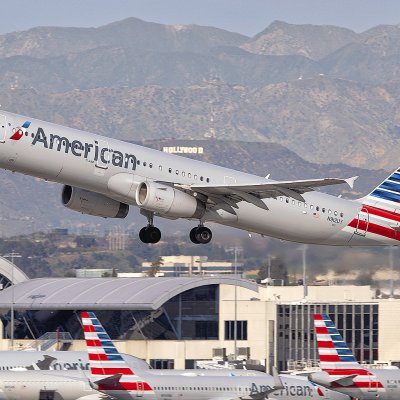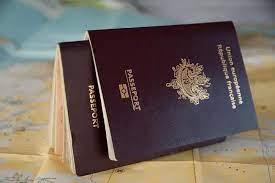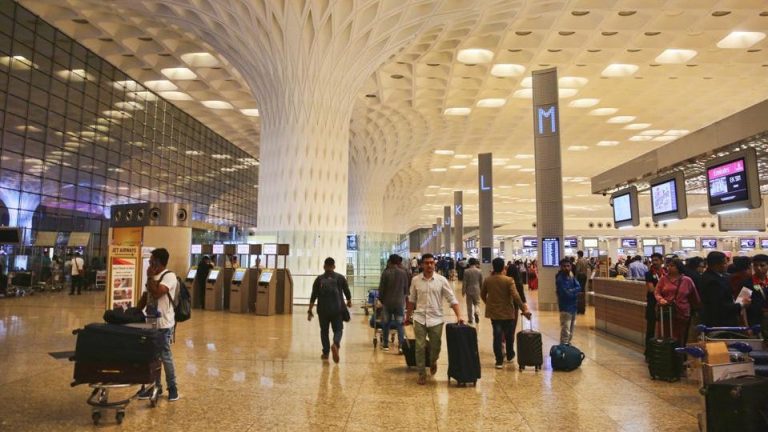US VISA FOR NORWEGIAN CITIZENS and US VISA FOR JAPANESE CITIZENS
The US Visa for Norwegian Citizens and US Visa for Japanese Citizens are two very different types of visas that many people might be asking themselves about. With so many visa options available, it can easily become confusing which is the best option for you. This article breaks down the difference between these visas, and also outlines some of the pros and cons of each. US VISA FOR NORWEGIAN CITIZENS
What is a US Visa?
A US visa is a document issued to a foreigner in order to allow them to enter the United States. The visa allows the individual to stay in the United States for a specific amount of time, typically three months. There are different types of US visas, including tourist visas, business visas, and student visas.
To qualify for a US visa, you must first fill out an application form and submit it to the US embassy or consulate in your home country. You will also need to provide some documentation that proves your identity and citizenship. After you have submitted your application, the US embassy or consulate will issue you a visa stamp which you will need when crossing the border into the United States.
Do you need a visa to visit the United States?
If you are a citizen of Norway, you do not need a visa to visit the United States. If you are a citizen of Japan, you will need a visa to visit the United States.
Getting your US Visa
If you are a citizen of Norway or Japan, obtaining a US visa may be a straightforward process. If you are not a citizen of one of these countries, however, the process may be more complicated. US VISA FOR JAPANESE CITIZENS
To obtain a US visa, you will first need to apply online at the Department of State’s website. The website offers easy-to-follow instructions and requires only your passport information and your intended destination country. When you have completed the application process, you will receive an email confirming your application. You should also check the website for updates regarding processing times and other important information.
Once you have received confirmation of your application, it is time to prepare for your visa interview. At this appointment, an immigration officer will review your application and assess whether you qualify for a US visa. There is no guarantee that your application will be approved, but preparing thoroughly will increase your chances of success. During the interview, the officer may ask about any criminal history or ties to terrorism that you may have. You should also be prepared to answer questions about why you want to visit the United States and what kind of activities you plan to participate in while in America.
Charges for US Visa Application
There are a few charges related to applying for a US visa. The most common charge is the application fee, which is $160 for most people. There may also be additional fees for using specific services, such as an attorney or a translator. Finally, you may have to pay taxes if your income qualifies you for the tax-deductible status of your visa.
If you’re applying from outside the United States, there are additional steps that you’ll need to take before submitting your application. For example, if you’re applying from Japan, you’ll need to obtain a valid visa from the Japanese embassy or consulate in your country.
Types of US Visas
If you are a citizen of Norway, you can apply for a US visa through the US Embassy in Oslo.
If you are a citizen of Japan, you can apply for a US visa through the US Embassy in Tokyo.
Each US Embassy has different requirements, so it is important to contact the embassy in advance to find out what is required.
There are three types of US visas: tourist, business, and student.
Tourist visas allow visitors to stay for only 90 days and are valid for visits to the United States only. Business visas allow visitors to stay for up to six months and are valid for both business and tourist visits to the United States. Student visas allow students who are attending school or university in the United States to stay for up to one year and are valid for both academic and tourist visits to the United States.




